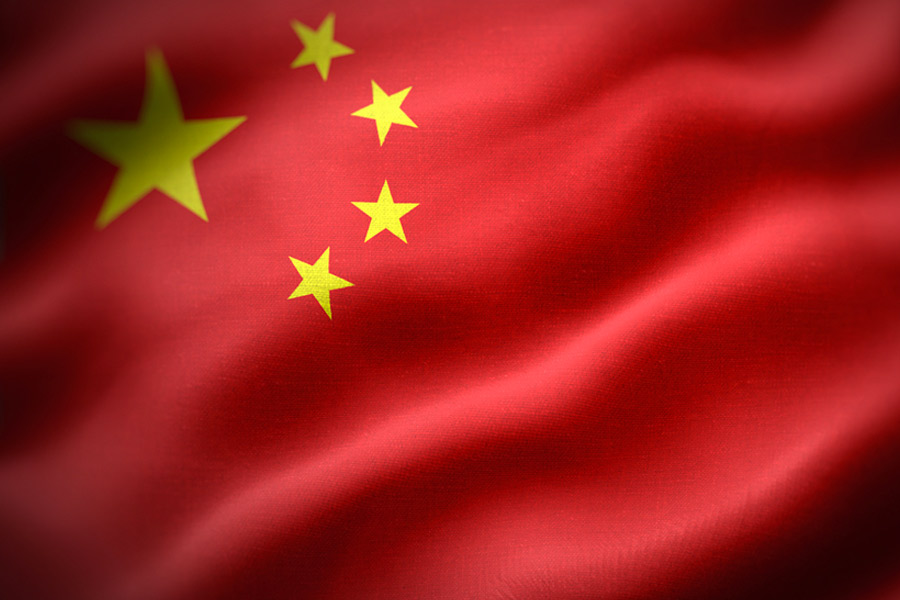Beijing on Monday described the US call to G7 and NATO countries to impose tariffs against China and other countries importing Russian oil as a "typical act of unilateral bullying" and "economic coercion", and threatened countermeasures if Washington’s call is heeded.
China’s rejection of the US push came even as the Chinese and US delegations reconvened in Spain on Monday for the second day of their talks on economic and trade issues.
At a regular news briefing, Chinese Foreign Ministry spokesperson Lin Jian said that China’s normal economic and energy cooperation with countries around the world, including Russia, is legitimate, lawful, and above reproach.
He made the remarks when asked to comment on reports that the US has asked G7 and NATO members to collectively impose additional tariffs on China for purchasing Russian oil to pressure Beijing to play a role in ending the Russia-Ukraine conflict.
“The US move is a typical act of unilateral bullying and economic coercion, which seriously undermines international trade rules and threatens the security and stability of global industrial and supply chains,” Lin said.
"Facts have proven that coercion and pressure are unpopular and will not solve the problem. China’s position on the Ukraine crisis is consistent and clear. Dialogue and negotiation are the only viable way out,” he said.
US President Donald Trump on Saturday said NATO countries should impose 50 to 100 per cent tariffs on China and stop buying oil from Russia to help end the Ukraine conflict.
On the same day, Treasury Secretary Bessent, during a call with G7 finance ministers, reiterated President Trump's call to the bloc's partners about joining the US in imposing tariffs on countries purchasing oil from Russia to end the war in Ukraine.
Lin said since the very first day of the Ukraine crisis, China has been taking an objective and impartial stance, promoting peace talks.
“We firmly oppose parties directing the issue at China and firmly oppose the imposition of unlawful, unilateral sanctions and long arm jurisdiction,” he said, adding that if China’s legitimate rights and interests are harmed, it will take resolute countermeasures and firmly safeguard its sovereignty, security and development interests.
He said, “The majority of countries, including the US and Europe, continue to engage in trade with Russia. The normal exchanges and cooperation between Chinese and Russian enterprises comply with WTO (World Trade Organisation) rules and market principles, are not targeted at any third party, and should not be subject to interference or influence from any third party.” On Saturday, China's Foreign Minister Wang Yi also rebuffed the US call to G7 countries, saying that war cannot solve problems and sanctions only complicate them.
While Bessent's statement did not name any country, the US has often blamed India and China for purchasing Russian oil even when there are no tariffs on Beijing for it.
The Trump administration has imposed 50 per cent tariffs on India, including 25 per cent for Delhi’s purchases of Russian oil.
Except for the headline, this story has not been edited by The Telegraph Online staff and has been published from a syndicated feed.









